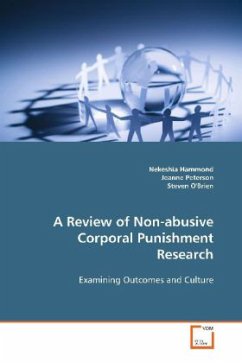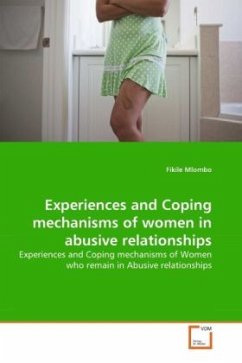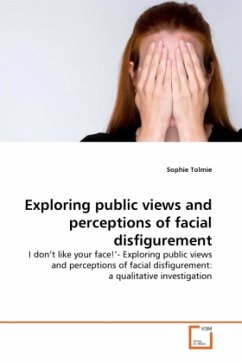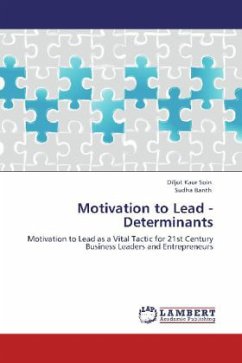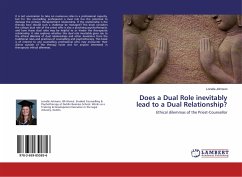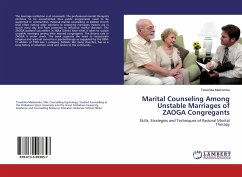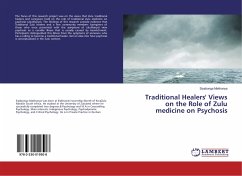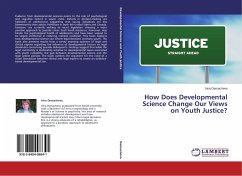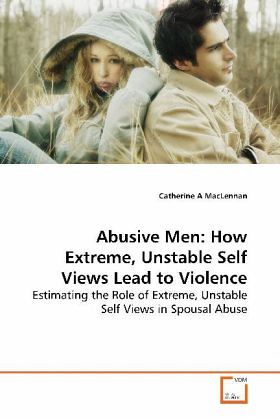
Abusive Men: How Extreme, Unstable Self Views Lead to Violence
Estimating the Role of Extreme, Unstable Self Views in Spousal Abuse.
Versandkostenfrei!
Versandfertig in 6-10 Tagen
45,99 €
inkl. MwSt.

PAYBACK Punkte
23 °P sammeln!
This two-section book is about men who perpetratespousal abuse. Part A is an integrated exploration of the relationsbetween self-views,instability and inflexibility ofself-views, and spousal abuse. In some violent menthreatened egotism might predict spousal violence. Part B describes the author''s structural equationmodel of the predictive power of the constructs ofpsychopathy, narcissism, social desirability,instability and unclarity of self, extreme genderschemas, and inflexible self-schemas on spousalabuse. Findings supported a small and yet significantimpact of an exploitive and entitled s...
This two-section book is about men who perpetrate
spousal abuse.
Part A is an integrated exploration of the relations
between self-views,instability and inflexibility of
self-views, and spousal abuse. In some violent men
threatened egotism might predict spousal violence.
Part B describes the author''s structural equation
model of the predictive power of the constructs of
psychopathy, narcissism, social desirability,
instability and unclarity of self, extreme gender
schemas, and inflexible self-schemas on spousal
abuse. Findings supported a small and yet significant
impact of an exploitive and entitled subtype of
narcissism, inflexible attachment schemas, fear of
femininity and desire for masculinity, and an
indirect effect of overcontrolled Ego Control/Guilt
schemas. Further, the findings support the utility of
measuring these constructs in clinical assessment and
treatment planning, especially when spousal abuse is
a concern.
spousal abuse.
Part A is an integrated exploration of the relations
between self-views,instability and inflexibility of
self-views, and spousal abuse. In some violent men
threatened egotism might predict spousal violence.
Part B describes the author''s structural equation
model of the predictive power of the constructs of
psychopathy, narcissism, social desirability,
instability and unclarity of self, extreme gender
schemas, and inflexible self-schemas on spousal
abuse. Findings supported a small and yet significant
impact of an exploitive and entitled subtype of
narcissism, inflexible attachment schemas, fear of
femininity and desire for masculinity, and an
indirect effect of overcontrolled Ego Control/Guilt
schemas. Further, the findings support the utility of
measuring these constructs in clinical assessment and
treatment planning, especially when spousal abuse is
a concern.



